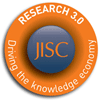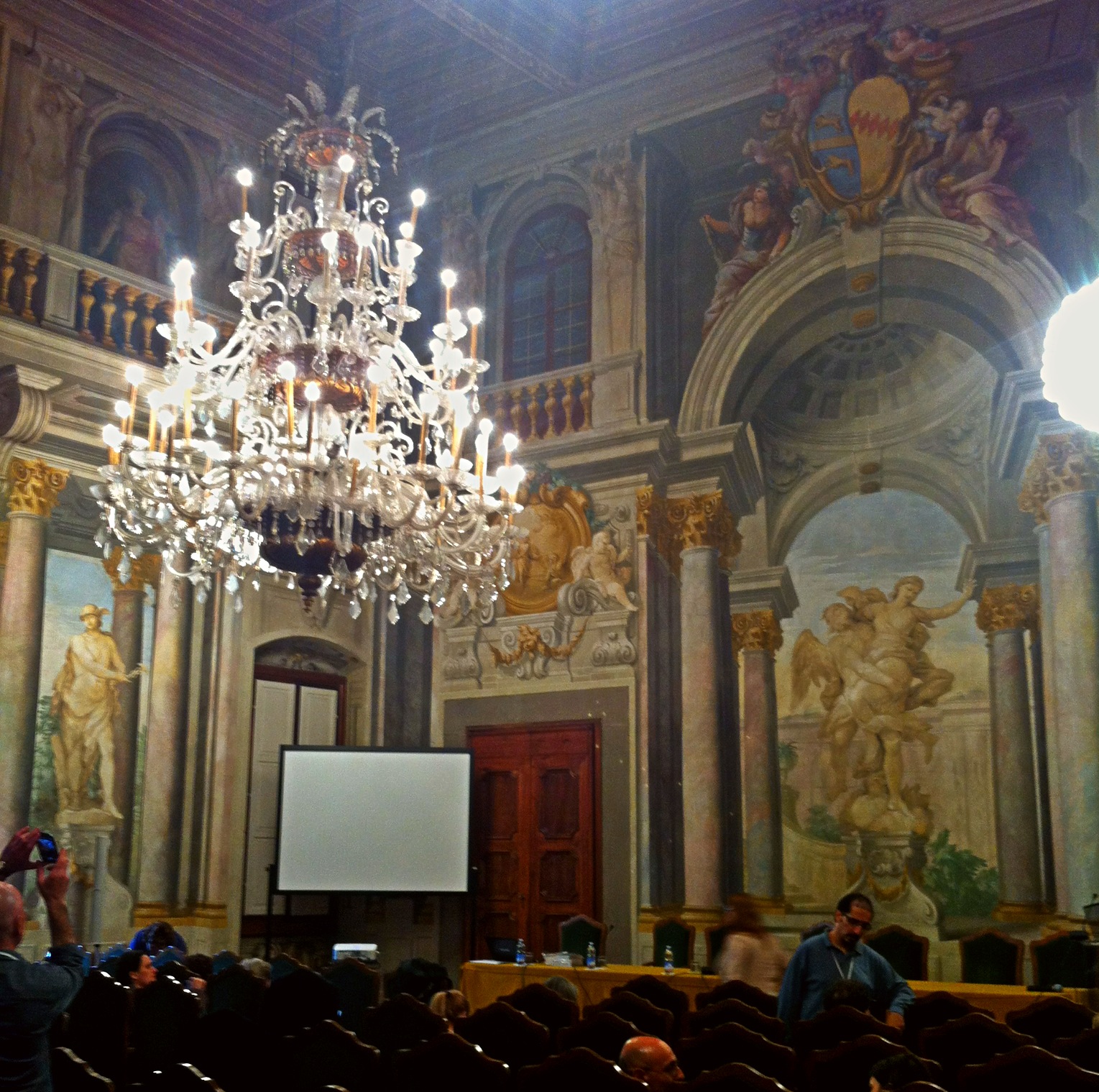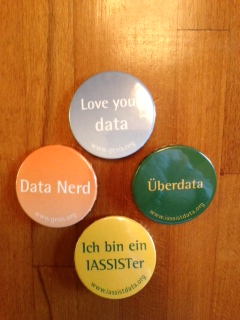 I attended the Jisc Managing Research Data Programme Workshop in Birmingham on 25-26 March on behalf of the University of Edinburgh and gained a real insight into how other institutions are addressing Research Data Management (RDM) and how well our work has been received. It had participants from all areas of RDM, with good presentations sharing progress made on the subject at their institutions.
I attended the Jisc Managing Research Data Programme Workshop in Birmingham on 25-26 March on behalf of the University of Edinburgh and gained a real insight into how other institutions are addressing Research Data Management (RDM) and how well our work has been received. It had participants from all areas of RDM, with good presentations sharing progress made on the subject at their institutions.
What clearly stood out was the compliments on the work we have done so far … this was
mentioned numerous times over the weekend where presenters commented on using our work (such as RDM policy and training) as a starting point for their projects. The ‘Business Cases’ session was particularly interesting highlighting all the important non-technical issues (funding, stakeholders, politics, local culture, etc) that need to be handled sensitively in planning and implementing RDM.
Sarah Jones presented our new DIY toolkit for librarians in the ‘RDM Training’ session. The
toolkit is a self-directed training course, intended to be used by a group of librarians to
build confidence in supporting researchers with RDM. MANTRA modules are used as pre-reading and reflective questions and exercises are used to guide discussion at each face-to-face session. The training materials were well received and are already being reused by other Universities.
It was interesting to discover there was lack of training for IT folk in RDM and a desire to
have this addressed … I reported that we were in the process of producing this at our
University. One institution sent all their RDM staff (IT, librarian, research services, etc)
to the workshop so ‘all’ get a real feel for what is required and appreciate best practices
at other institutions. It was somewhat comforting, but not entirely surprising, to learn
that other institutions have similar challenges to us with RDM.
While the sessions over the two days were informative, the opportunity to network with peers at other places and discuss issues/challenges at the round table sessions and evenings was invaluable and perhaps the biggest plus in attending the workshop. I enjoyed the experience and learnt a lot from it.
You can find out more about the event and access all the presentations and event reports on the event web page.
Abdul Majothi
Head of IS Consultancy for CHSS
User Services Division
Information Services


